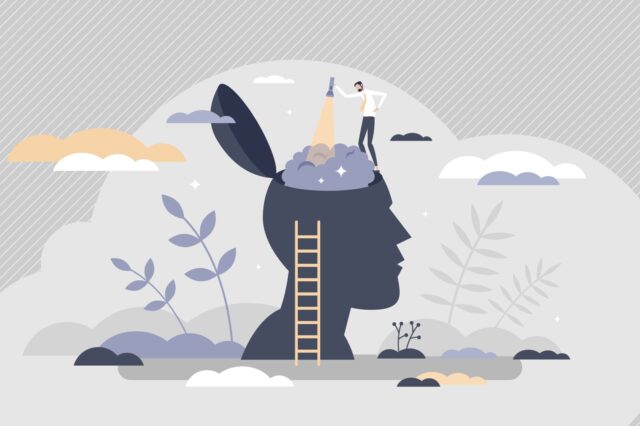Definition
Memory loss is unusual forgetfulness. You may not be able to remember new events, recall one or more memories of the past, or both.
The memory loss may be for a short time and then resolve (transient). Or, it may not go away, and, depending on the cause, it can get worse over time.
In severe cases, such memory impairment may interfere with daily living activities.
Alternative Names
Forgetfulness; Amnesia; Impaired memory; Loss of memory; Amnestic syndrome; Dementia - memory loss; Mild cognitive impairment - memory loss
Causes
Normal aging can cause some forgetfulness. It is normal to have some trouble learning new material or needing more time to remember it. But normal aging does not lead to dramatic memory loss. Such memory loss is due to other diseases.
Memory loss can be caused by many things. To determine a cause, your health care provider will ask if the problem came on suddenly or slowly.
Many areas of the brain help you create and retrieve memories. A problem in any of these areas can lead to memory loss.
Memory loss may result from a new injury to the brain, which is caused by or is present after:
Sometimes, memory loss occurs with mental health problems, such as:
Memory loss may be a sign of dementia. Dementia also affects thinking, language, judgment, and behavior. Common types of dementia associated with memory loss are:
- Alzheimer disease
- Vascular dementia
- Lewy body dementia
- Fronto-temporal dementia
- Progressive supranuclear palsy
- Normal pressure hydrocephalus
- Creutzfeldt-Jakob disease
Other causes of memory loss include:
- Alcohol or use of prescription or illegal drugs
- Brain infections such as Lyme disease, syphilis, or HIV/AIDS
- Overuse of medicines, such as barbiturates or (hypnotics)
- ECT (electroconvulsive therapy) (most often short-term memory loss)
- Epilepsy that is not well controlled
- Illness that results in the loss of, or damage to brain tissue or nerve cells, such as Parkinson disease, Huntington disease, or multiple sclerosis
- Low levels of important nutrients or vitamins, such as low vitamin B1 or B12
Home Care
A person with memory loss needs a lot of support.
- It helps to show the person familiar objects, music, or and photos or play familiar music.
- Write down when the person should take any medicine or do other important tasks. It is important to write it down.
- If a person needs help with everyday tasks, or if safety or nutrition is a concern, you may want to consider extended-care facilities, such as a nursing home.
What to Expect at Your Office Visit
The provider will perform a physical exam and ask about the person's medical history and symptoms. This will usually include asking questions of family members and friends. For this reason, they may be interviewed in-person or by phone.
Medical history questions may include:
- Type of memory loss, such as short-term or long-term
- Time pattern, such as how long the memory loss has lasted or whether it comes and goes
- Things that triggered memory loss, such as head injury or surgery
Tests that may be done include:
Treatment depends on the cause of memory loss. Your provider can tell you more.
References
Kirshner HS, Gifford KA. Intellectual and memory impairments. In: Jankovic J, Mazziotta JC, Pomeroy SL, Newman NJ, eds. Bradley and Daroff's Neurology in Clinical Practice. 8th ed. Philadelphia, PA: Elsevier; 2022:chap 7.
Oyebode F. Disturbance of memory. In: Oyebode F, ed. Sims' Symptoms in the Mind: Textbook of Descriptive Psychopathology. 6th ed. Philadelphia, PA: Elsevier; 2018:chap 5.




